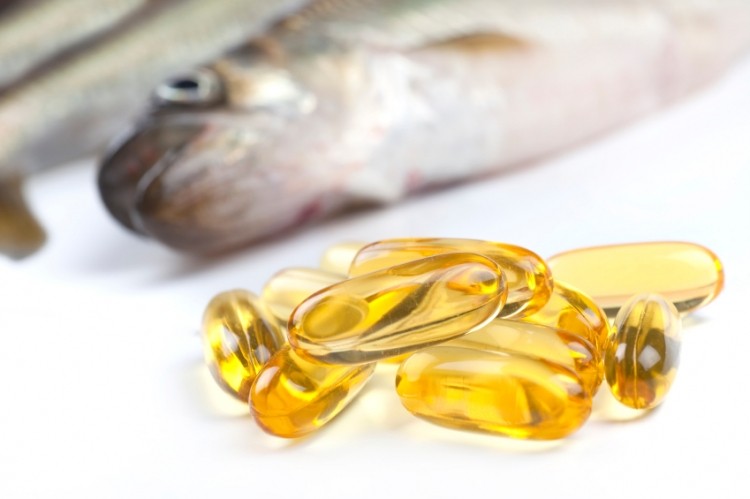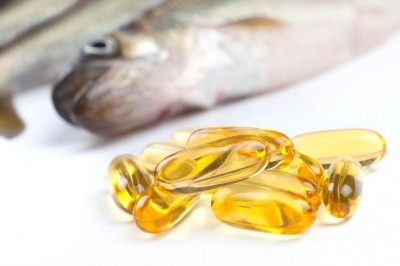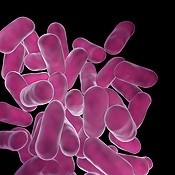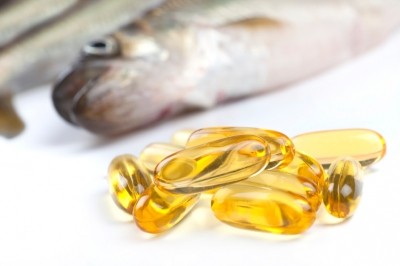Oily fish during pregnancy shows immune boosting potential for infants

Despite the immune system changes in the infants, no changes in the incidence of allergy were observed in the children, according to new findings published in the American Journal of Clinical Nutrition.
“To our knowledge, this was the first study to examine the effects of increased intake of salmon (providing omega-3 long chain polyunsaturated fatty acids (LCPUFAs) during pregnancy on the development of neonatal immune responses and early markers of atopy,” wrote the researchers, led by Paul Noakes from the University of Southampton.
The study adds to previous findings from other groups that indicated that reported beneficial immune system effects of fish oil supplements.
Insufficient doses?
Commenting independently on the research, Gretchen Vannice, MS, RD, a nutrition research consultant and author of the Omega-3 Handbook, told NutraIngredients-USA that the study sets up “a nice framework for future learning”.
Vannice noted that the average daily consumption of from week 20 of pregnancy was about 160 mg EPA and 330 mg DHA. “300 mg DHA is considered the minimum amount of DHA necessary to supply the eye and brain tissue during infant development. Much higher doses have been safely used in clinical research (greater than 1000 mg DHA plus additional EPA),” she said.
“The amount fed in this study is consistent with the minimum intake recommended for healthy adults in most industrialized countries.
“It's possible this amount of EPA and DHA were insufficient to alter immune function in families with a history with atopic disease,” she added.
Study details
Noakes and his co-workers recruited 123 pregnant women and randomly assigned them to one of two groups: The first group continued to consume their habitual diet, which was low in oily fish, and the second group was asked to consume 2 portions of salmon per week, providing a weekly dose of DHA and EPA of 3.45 grams.
Umbilical cord data from week 20 of gestation until delivery was available for 101 women, and 86 infants were evaluated aged six months.
Results showed that certain immune factors were lower in the salmon group, including interleukin (IL)-2, IL-4, IL-5, IL-10 when the blood samples were exposed to an immune stimulant.
On the other hand, there were no differences between the infants of mothers from the different groups in terms of IgE levels and the incidence and severity of eczema. Immunoglobulin E (IgE) is the predominant antibody associated with an allergic response.
The researchers noted that, while they have interpreted their results in the context of an increased intake of omega-3s, it is important to note that the salmon also contains other nutrients of interest, such as vitamin D and selenium.
“Because these nutrients are also immunomodulatory, it is possible that some of the observed effects were due to these nutrients or to the combination of these nutrients with omega-3 LCPUFAs.”
Doses? Timing? Form?
In her comments on the study, Vannice added that it is possible that women need to consume EPA and DHA earlier in pregnancy to have greater benefits on immune health. “We don't know,” she said. “We do know that the work identifying what many consider an essential need for DHA in the last trimester of pregnancy is specifically related to eye and brain development; development of immune cells may have different timing, and/or, EPA omega-3 may have greater importance when it comes to immune development.
“It is EPA, not DHA, that is more directly involved with prostaglandin production and can impact the production of PG 2-series with omega-6s.
“The findings in this study are consistent with findings from similar studies, and gives us additional information, that is, there were significant differences in immune measures identified among the children whose parents tested positive for allergic disease (by both self-report and positive skin prick test), that is, the measure of Il-10, a product of regulatory T cells, was lower.
“This may become more important in future studies,” she said.
Source: American Journal of Clinical Nutrition
Published online ahead of print, doi: 10.3945/ajcn.111.022954
“Increased intake of oily fish in pregnancy: effects on neonatal immune responses and on clinical outcomes in infants at 6 mo”
Authors: P.S. Noakes, M. Vlachava, L.-S. Kremmyda, N.D. Diaper, E.A. Miles, M. Erlewyn-Lajeunesse, A.P. Williams, K.M. Godfrey, P.C. Calder















